...like to mark this anniversary by renewing our call to political leaders to create a lasting legacy of the Girl Summit, and continue to turn your words into actions. You...
...a at sub-national level to reduce FGM. Working across borders Governments should also work together across borders to share policies, best practice and legislation. Girl Summit 2014 has mobilised over...
Adolescent girls can play an enormous role in bringing about sustainable development. But for too long their rights and potential have been overlooked by world leaders, and this has held back development and equality. At last international momentum is building …
Female Genital Mutilation (FGM) is a human rights abuse. The practice seriously damages the physical and mental health of women and girls around the world, and can even cause death. When I began my African Well Woman’s Clinic at Guy’s …
...youth workshop as the official follow-up to the London Girl Summit. The objective was simple: to get the DRC government to listen to the views of boys and girls on...
Imagine your life if you were married at 15, against your will, to an abusive husband. It’s the same for almost all the women you know. Your education came to an abrupt end once you were married, and you’re not …
I am the new Head of Profession for Social Development at DFID. I will be using this space to highlight new research, policy and ideas for social development that are brewing in DFID and worldwide. This week I am going …
The Girl Summit 2014 is an important global campaign for DRC, where an estimated 39% of girls are married between the ages of 15 and 18 – and probably younger in rural areas. And that figure needs caveating with the …
There is a growing recognition of the extent and impacts of child, early and forced marriage (CEFM) in Zimbabwe. CEFM is widespread; 31% of young women in Zimbabwe are married by the age of 18. And research shows the deep …
#YouthForChange took place ahead of the Girl Summit 2014. The day brought together young people from around the world to ignite action on girls' rights. Nell Goddard Nell Goddard -...
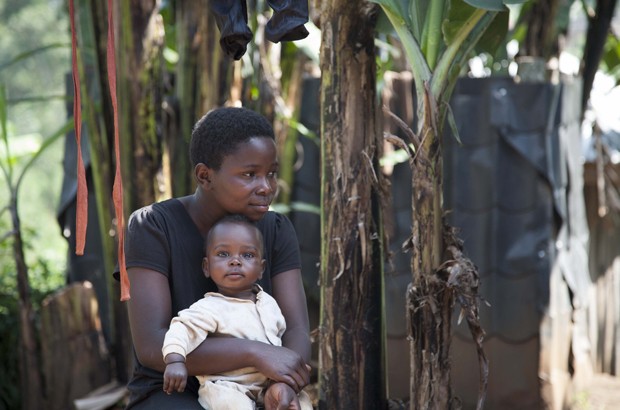

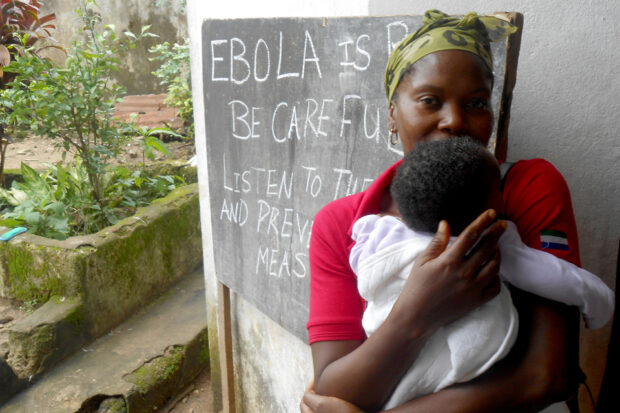
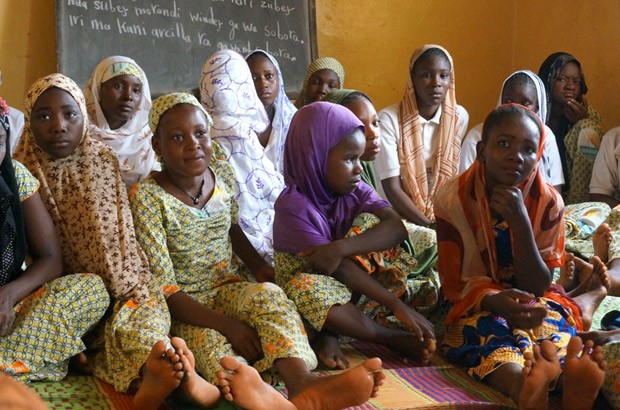
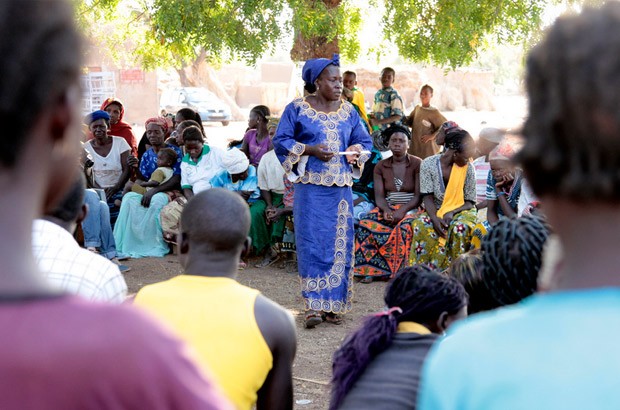
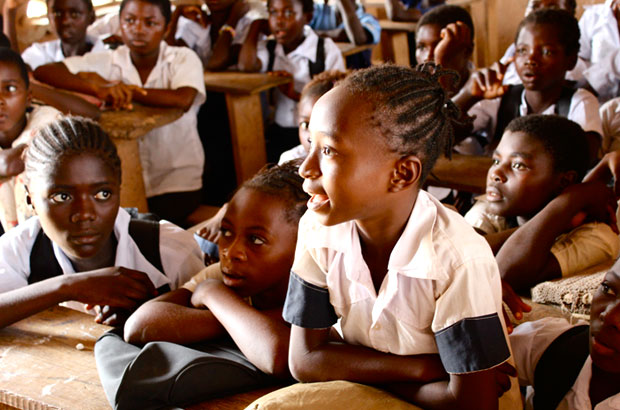
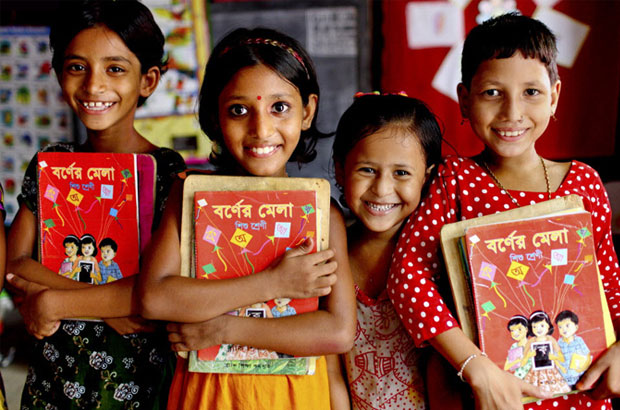
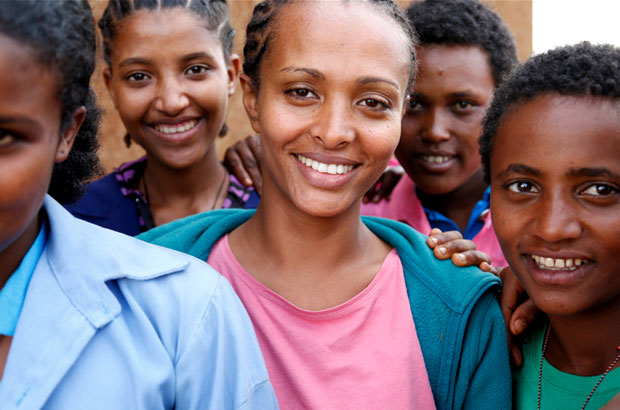
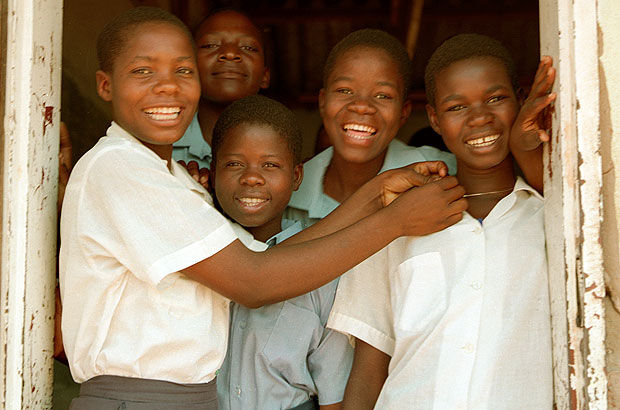
Recent Comments